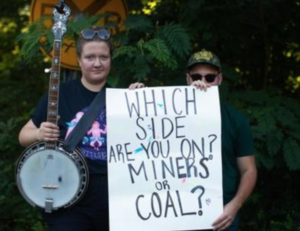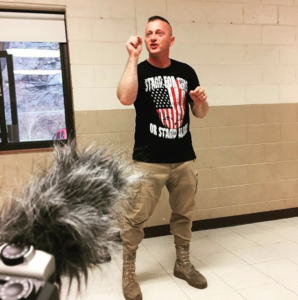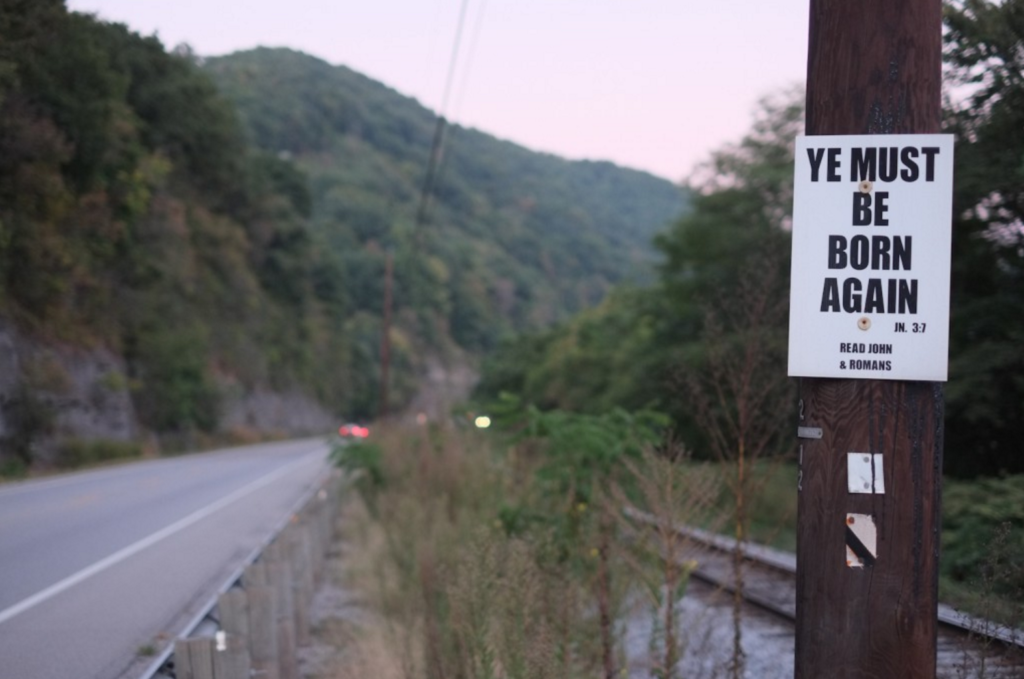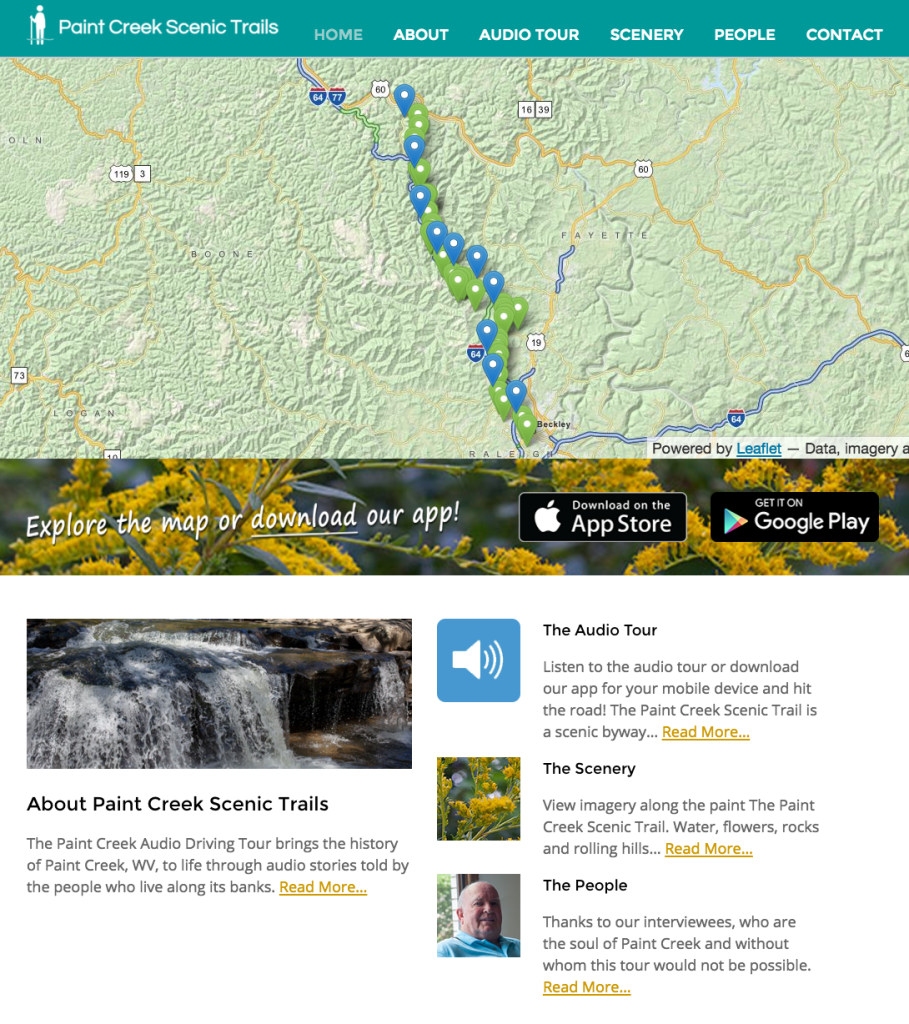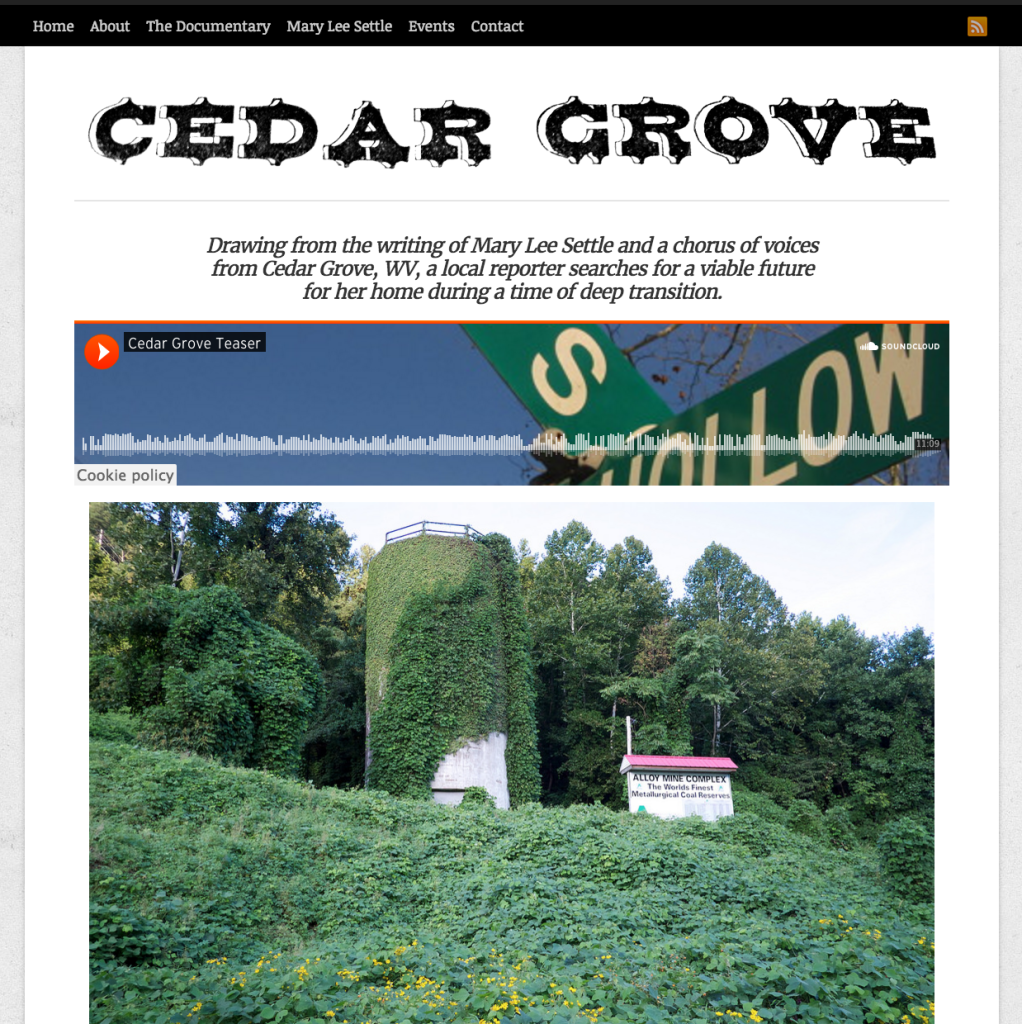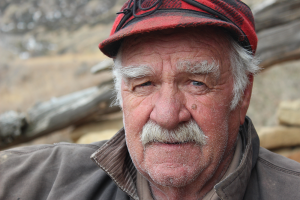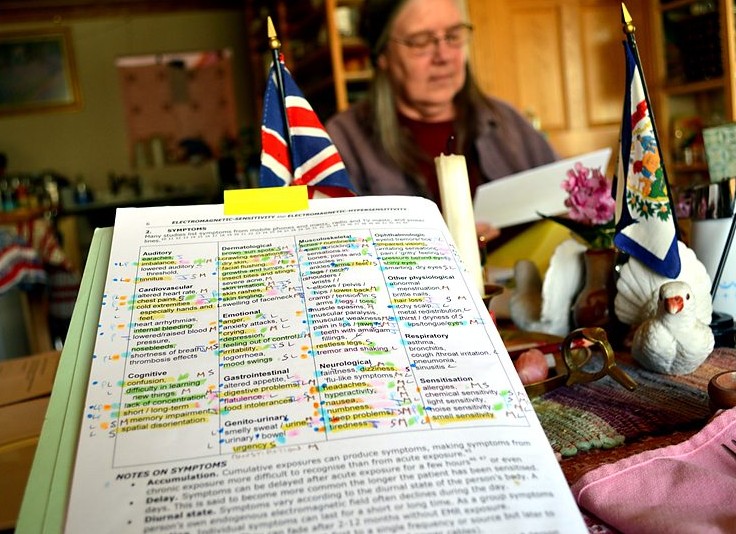This year, a series of radio stories I edited for West Virginia Public Broadcasting, “Coal & the Way Forward,” won first place in the “Series, Division A” category of the Public Media Journalists Association awards.
From the conflicts of the Mine Wars-era, to the new fight to survive amid shifts in energy needs and deepening calls for environmental reform, West Virginians have long been searching for a way to make a life alongside–and beyond–coal…But who is presenting a clear path forward here in Appalachia? That’s what we’re asking in our new series, “Coal and the Way Forward.”
One of my favorite pieces in the series, by producer Roxy Todd, examines how coal mining regions in other parts of the world have handled their transition away from coal, and how Appalachia stacks up. Listen here.


